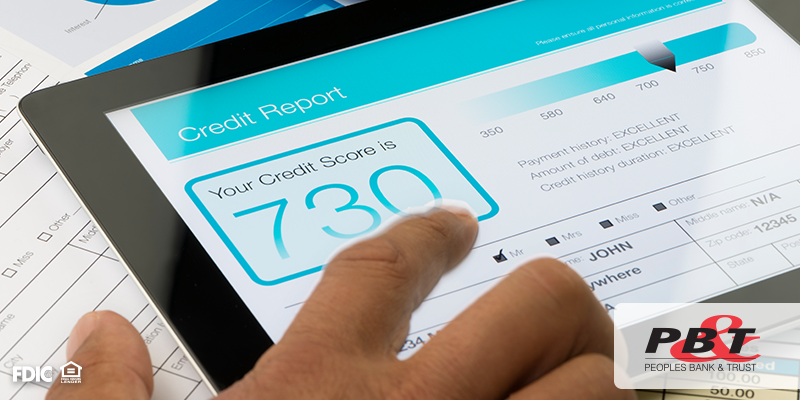One of the most important steps to pre-planning a successful vacation is your budget. There are many costs to manage and coordinate when booking a vacation. Keep reading for top tips on beginning your vacation budget now!
Step 1: Determine the Destination
A big factor in budgeting for vacation is getting an idea of the cost. Some may say you should set your budget in advance, which you absolutely can set a range, but your destination will be the main determinant for your budget. Depending on where you go can really change what you are willing to spend on what. Your budget can range depending on who is going, the type of trip, and your travel style.
Step 2: Plan a Price
Now that we have narrowed down the type of vacation you are planning and an idea of where you can begin nailing down a price point for what it will potentially cost so you can delve into the budget planning portion. As mentioned, your budget can really depend on your travel style, some people want to save money on where to stay and others are willing to splurge more in that category. Be honest with yourself and your idea of what you want out of your vacation to plan a budget range that you will not surpass.
Step 3: Pick Your Priorities
As you nail down a budget, it is time to start picking your priorities for your trip. Everything will be included in a budget category such as food, activities, housing, travel, transportation, shopping, and really anything you intend to spend money on should have a budget within a category. Don’t forget to plan for the unplannable – it happens!
When you pick your priorities, identify your big-ticket items to ensure they are within budget and attainable. Typically, flights can be a huge expense especially if you are planning a family vacation. The more flexible you can be with your date and destination, the more you will most likely save.
Step 4: Estimate Expenses
As we have picked our priorities, it is extremely important, to be honest with ourselves on estimating any and all expenses. Once your destination and travel plans are figured out it is important to look into a hotel on Airbnb rates and options for transportation as both of those can take a huge chunk out of your budget just so you can enjoy your time.
It is important to think about your meals throughout the trip to weigh the cost of the hotel vs. Airbnb. If you have a large group, it may be more cost-effective to get an Airbnb and cook your own meals as you can more easily budget for groceries than meals out.
Step 5: Start Saving Soon
By start saving soon, we mean begin saving NOW! Anything you can begin to set aside for your vacation budget will be a huge help in reaching your goal. Once you’ve worked out what you need, you can begin figuring out a map of how you need to save to be on track. To keep your motivation up, set a countdown on your phone or on your fridge so you see it daily and are reminded to save and not spend.
Saving Tips
- Prioritize what you are spending money on. Clothing and items purchased leading up to the trip can add up, don’t let these offset your budget, plan for them.
- Try a budgeting app to stay on track.
- Open a savings account for your trip so you can deposit it away and not touch it.
- Create a spreadsheet and track everything to map out your savings plan.
- Find ways to save extra, whether that be a garage sale, side hustle, lightening some subscriptions – get creative.
- Change up your lifestyle. Challenge yourself to eat out less or spend less on costly activities.
You are going to thank yourself later if you began planning as soon as you could. How much you save will determine your travel plans and vacation priorities. Don’t let your vacation be financial stress, save now so you can relax and enjoy!
Peoples Bank & Trust Co.
Member FDIC
Equal Housing Lender











